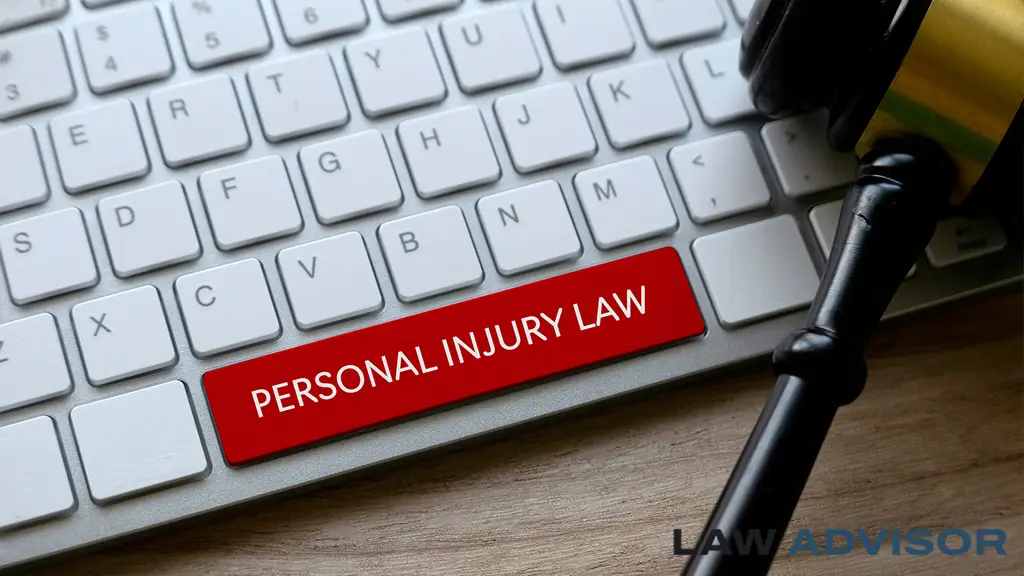Child custody is one of the most emotionally charged and legally complex aspects of family law. Whether you’re going through a divorce, separation, or legal dispute involving children, it’s critical to understand the different types of custody — especially legal custody and physical custody.
This guide will walk you through the key differences, what each type entails, and how custody decisions are typically made in court.
What Is Child Custody?
Child custody refers to the legal rights and responsibilities a parent or guardian has over the upbringing and care of a child. Courts generally divide custody into two major categories:
- Legal Custody
- Physical Custody
Each type can be sole (one parent) or joint (shared by both parents).
What Is Legal Custody?
Legal custody refers to the right to make important decisions about a child’s life. This includes:
- Education (school choice, tutoring)
- Medical care (treatments, doctors, procedures)
- Religious upbringing
- Extracurricular activities
Types of Legal Custody
- Sole Legal Custody: One parent has full decision-making authority.
- Joint Legal Custody: Both parents share decision-making responsibility.
⚖️ Courts generally prefer joint legal custody unless one parent is deemed unfit.
What Is Physical Custody?
Physical custody determines where the child lives and which parent is responsible for daily care.
Types of Physical Custody
- Sole Physical Custody: The child lives primarily with one parent, and the other may have visitation rights.
- Joint Physical Custody: The child splits time between both parents’ homes (not always 50/50, but as evenly as practical).
🏡 Physical custody affects school zoning, healthcare providers, and even travel plans.
Legal vs. Physical Custody: Key Differences
| Legal Custody | Physical Custody |
|---|---|
| Involves decision-making | Involves daily care & living |
| Can be joint or sole | Can be joint or sole |
| Impacts life-long decisions | Impacts routine & lifestyle |
How Courts Decide Custody
Custody decisions are always based on the best interests of the child. Factors considered include:
- Each parent’s ability to provide a stable home
- The child’s relationship with each parent
- Any history of abuse or neglect
- Work schedules and flexibility
- The child’s age and preferences (in some states)
🧠 Judges aim to ensure the child maintains a healthy relationship with both parents whenever possible.
Can Legal and Physical Custody Be Split Differently?
Yes. A parent may have:
- Joint legal custody but sole physical custody
- Sole legal custody but share joint physical custody (rare)
⚠️ These arrangements are customized based on family dynamics and the child’s needs.
Modifying Custody Orders
Custody orders are not always permanent. They can be modified if there is a significant change in circumstances, such as:
- Relocation of a parent
- Job changes
- A parent becoming unfit
- Child’s wishes changing with age
Courts require a formal petition and often a hearing to approve changes.
Tips for Parents Navigating Custody
- Put your child first. Make decisions that benefit your child’s well-being.
- Communicate respectfully. Even during disagreements, keep communication civil.
- Document everything. Keep records of communication, decisions, and major events.
- Follow court orders. Violating custody terms can backfire legally.
Final Thoughts
Understanding the difference between legal and physical custody is crucial for any parent involved in a custody case. Whether you’re negotiating with your ex or preparing for court, having clarity on your rights and responsibilities can help you advocate effectively for your child.
At Law Advisor Pro, we aim to make complex legal topics like custody easy to understand for everyone.
⚖️ Disclaimer: This guide is for informational purposes only. Always consult a qualified family law attorney for personalized legal advice.










